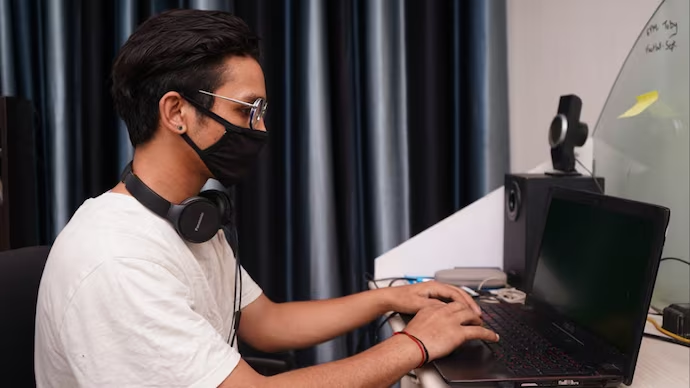Now Reading: OpenAI’s Sam Altman Surprises Tech World, Says Current Computers Can’t Handle True AI
-
01
OpenAI’s Sam Altman Surprises Tech World, Says Current Computers Can’t Handle True AI
OpenAI’s Sam Altman Surprises Tech World, Says Current Computers Can’t Handle True AI

In a shift from earlier optimism, OpenAI CEO Sam Altman has admitted that today’s computer systems are not powerful enough to support truly advanced artificial intelligence. This statement marks a significant turn from previous claims about the pace of AI evolution. Altman’s remarks are now sparking fresh discussions on the limits of current hardware and the need for a major leap in computing technology.
AI Dreams, Hardware Reality
Altman stated that while AI models like ChatGPT have made impressive progress, they’re still limited by the processing capabilities of today’s computers. The need for faster, more energy-efficient, and robust systems is critical if AI is to reach its full potential. According to him, the future of AI may depend not just on algorithms, but on next-generation chips and infrastructure.
This insight comes at a time when India is also increasing investments in AI research, particularly in Bengaluru, Pune, and Hyderabad.
From Promise to Practical Limitations
Altman’s statement has surprised many in the tech community, especially after his previous stance that superintelligent AI might arrive within a decade. Now, he suggests that without breakthroughs in computing power, that goal may be farther than expected. This also raises questions for countries like India, where AI adoption is growing across education, healthcare, and logistics.
Tech startups and students in Tier 2 cities like Nagpur, Indore, and Coimbatore are being advised to align expectations with the hardware ecosystem.
India’s Role in AI Readiness
With India ramping up initiatives such as the National AI Mission and semiconductor manufacturing plans, Altman’s comments hold relevance. Experts believe that bridging the hardware gap is not just a global challenge but also a local opportunity. Companies working on chip design and cloud infrastructure could see more demand if India wants to keep pace with AI innovation.
For engineering colleges and tech hubs across smaller Indian cities, this is a chance to build the next generation of AI-ready talent.
Looking Ahead
Altman’s remarks could push the tech industry to refocus on foundational technology instead of purely chasing model upgrades. Future collaborations between AI developers and hardware engineers are expected to become more critical than ever. Companies investing in chips, GPUs, and quantum computing may take centre stage in the next wave of progress.
Conclusion
Sam Altman’s revised outlook serves as a reminder that AI is not just about software—it’s equally dependent on the machines that power it. As India aims to become a global tech leader, understanding and addressing these hardware challenges will be key to turning AI ambition into reality, especially in emerging tech hubs across Tier 2 cities.

























